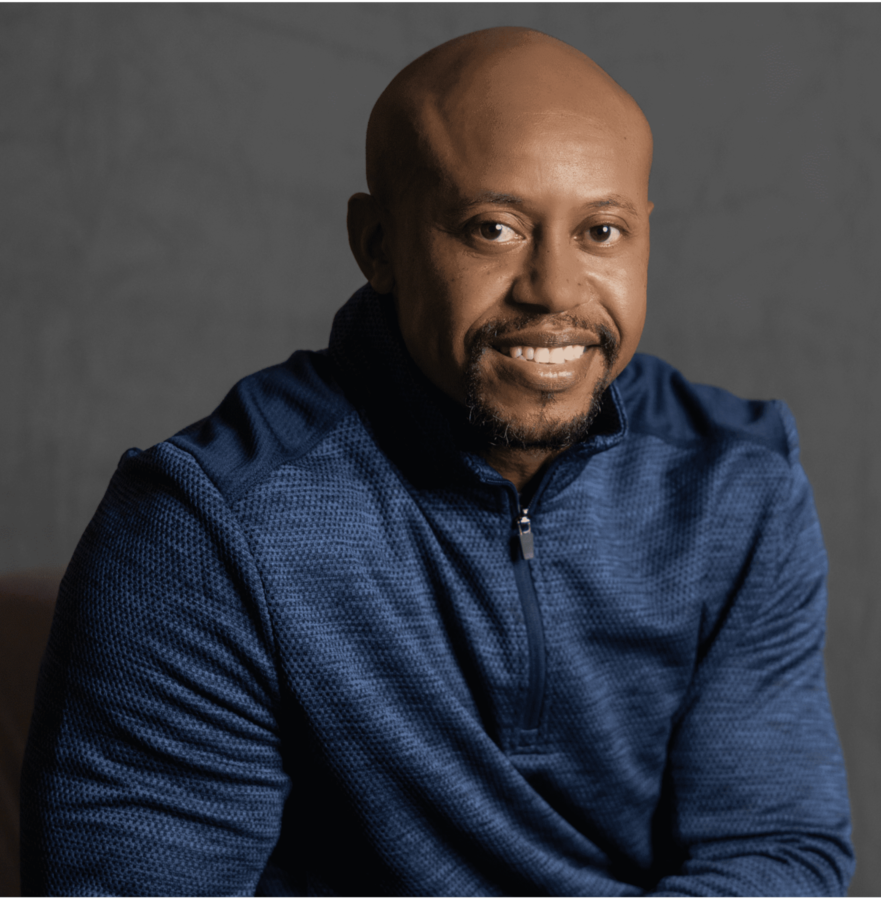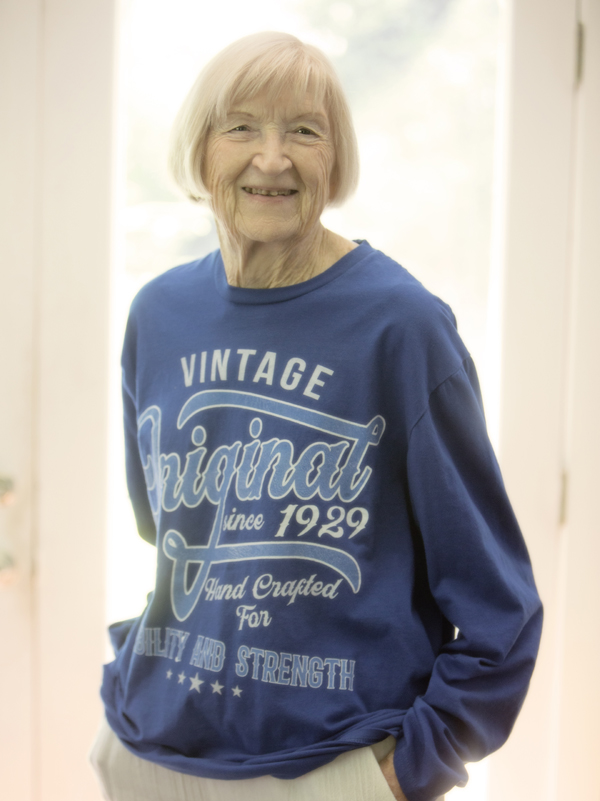Best-selling author Frances Fuller lived and worked in the Middle East for 30 years. She offers an insider’s view of the situation there and provides some surprising insights that traditional media does not cover.
WILMINGTON, NC, May 23, 2024 /24-7PressRelease/ — Today, students march in protest across university campuses. This has been compared to the protests we experienced during the Vietnam era, but this is very different. Many consider this to be a moral imperative—a rallying cry against the perceived injustices in the Middle East. Once again, we see the political divide play out before our eyes, as here is yet another chance to take sides.
Frances Fuller has an insider’s view of the Middle East, as she spent 30 years there. She offered an intimate look at the Middle East experience in her bestselling book, ‘In Borrowed Houses’. She recently addressed this issue on a post on her site. In that post she said in part:
“Recent unrest and demonstrations on university campuses have reminded us of student opposition to the Vietnam war, when young men with no desire to fight were objecting to being drafted and sent into battle. Critics of those demonstrations often accused the participants of being unwilling to serve their country.
“Student opposition to the war in the Middle East, except for method, is very different. The issue behind it is more about taking sides. The participants claim a moral cause, objecting to American support for Israel, our financing and sending weapons and ammunition that are being used to kill Palestinians. They feel that even their schools are involved, through financial investments.
“I confess to being hugely surprised by it all. I suspect that Joe Biden was surprised. First, because American support for Israel, right or wrong, has never wavered. And second, because Hamas initiated the current battle with a vicious surprise attack.
“Some of the posters and chants at the student demonstrations have led to accusations of prejudice and antisemitism. And this is the part I feel a need to address.
“Prejudice is a strong and obvious word. To behave with prejudice is to pre-judge, to make up your mind or react without knowing, or at least without considering the facts. (This is easy to do. I have discovered in these recent months that most Americans have no idea what might have provoked the event of October 7.)
“Antisemitism is something else, more serious than prejudice. It means ‘against the Semites’ (the descendants of Shem, eldest son of Noah), regardless of right or wrong or facts or circumstances. And they, the Jews, the descendants of Judah, are the semitic people. (Technically this definition includes the Arabs, who are ‘cousins’ to the Jews, but this fact is ignored in modern speech.)
“It was the Jews who suffered the ultimate result of hatred toward a people-group. Hitler tried to completely destroy them. And since then, any opposition to Israel is likely to be interpreted as antisemitism.
“The international problem resulting is this: The Jews established a country, ‘a sovereign state’ as they like to say, the state called Israel. This positioned them as a responsible member of the world community, subject to the give and take, the approval and disapproval of all the others. Yet opposition to anything this state does is likely to be interpreted, by them or others, as antisemitic.
“In this way the state of Israel sometimes wants to wear its Jewishness like a coat of armor. We can criticize the policies of France or Japan or Saudi and our points will be considered or maybe expected and ignored, but criticism of Israel will likely be interpreted as opposition to the Jews or antisemitism.
“This causes me to appreciate more than ever the diversity of the United States. It helps us respond to the world with objectivity. And the world to respond fairly, honestly, to what we do and say.”
The full text of the piece is available at https://www.inborrowedhouseslebanon.com/are-we-prejudiced/
Frances Fuller’s book, In Borrowed Houses is an award-winning memoir covering eight of the 30 years she lived in the Middle East. These were years of war, involving Palestinian militias and the Israeli invasion of Lebanon.
Her second memoir, Helping Yourself Grow Old,Things I Said to Myself When I Was Almost 90 is unique among the many books on aging, because it is personal, while most such books are written from an academic point of view. Most are penned by sociologists, doctors, gerontologists, even the CEO of AARP, and one by a Catholic nun, Joan Chittister. Chittister’s book, ‘The Gift of Years’ is beautifully written, focusing on spiritual values and finding meaning in life. Chittister admits in the preface that she was only 70, which is the front edge of aging, and her book is somewhat abstract.
Atul Gawande’s book, ‘On Being Mortal’, relates medicine and old age, It enjoys high Amazon rankings, in the category of “the sociology of aging.” It contains a great deal of valuable scientific information and shows understanding of the physical and emotional needs of the elderly.
Fuller’s book, ‘Helping Yourself Grow Old, Things I Said To Myself When I Was Almost Ninety’, is an up-close and very personal encounter with aging. It is an uncontrived and firsthand look at her own daily experiences: wrestling with physical limitations, grief, loneliness, fears, and the decisions she has made about how to cope with these and keep becoming a better person. She faces regrets and the need to forgive herself and others and is determined to live in a way that blesses her children and grandchildren.
Frances deals with many common, universal but sometimes private issues in an open, conversational tone. Her confessions and decisions invite self-searching and discussion. She tries to make sense of her own past and to understand her responsibility to younger generations. In the process she shares her daily life, enriched with memories from her fascinating experiences. Her stories and her voice — fresh, honest, irresistible — keep the reader eager for more. The end result is a book that helps create a detailed map through the challenging terrain of old age.
The result of this intimate narrative is that readers laugh, cry and identify with her mistakes and problems. Reviewers have called the book, “unique,” “honest,” “witty,” “poignant,” “challenging” and “life-changing.”
For these reasons it is a book unlike any other book on aging you will ever read. The book can serve as a primer on what lies in store for all of us, from someone who is working through many of these issues. While the book is a perfect fit for book clubs, there are many other individuals and groups who could benefit from the information and ideas in the book:
Those approaching retirement
People who are currently retired
Children of aging parents
Those who have lost a spouse
Retirement community discussion groups
Counselors
Educators
Life coaches
Church groups (men and women)
and a host of others. For group discussions, Fuller has made a set of discussion questions available at her website at http://www.FrancesFullerAuthor.com.
Readers have lavished praise on the new book. One Amazon review stated, “I find myself thinking,’I need to read this again and take notes!’ It’s full of wisdom, humor, and grace. I also have committed to rereading it annually – it’s that important!” Another said, “There is valuable life experience in this book. Helping Yourself Grow Old is truly is a book for all ages, and one not to be missed.” Another stated, “Beautifully written book telling timeless truths, for both the old and the young. Highly recommend this book for anyone who loves to laugh, cry, and learn wisdom from someone who has lived so much life.”
Frances’ prior work, ‘In Borrowed Houses’, has taken three industry awards and has achieved Bestseller status. Frances Fuller was the Grand Prize winner in the 2015 ’50 Great Writers You Should Be Reading’ Book Awards. It received the bronze medal for memoir in the Illumination Book Awards in 2014. Northern California Publishers and Authors annually gives awards for literature produced by residents of the area. In 2015 ‘In Borrowed Houses’ received two prizes: Best Non-fiction and Best Cover.
Critics have also praised ‘In Borrowed Houses.’ A judge in the 22nd Annual Writer’s Digest Self-Published Book Awards called ‘In Borrowed Houses’ ” . . a well written book full of compassion . . . a captivating story . . . “. Another reviewer described the book as “Wise, honest, sensitive, funny, heart-wrenching . . .”. Colin Chapman, lecturer in Islamic Studies at the Near East School of Theology in Beirut said, ” . . . western Christians and Middle Eastern Christians need to read this story…full of remarkable perceptiveness and genuine hope.”
Frances has shared stories about her life in an interview with Women Over 70, and a recording is available on their Facebook page.
Frances Fuller is available for media interviews and can be reached using the information below or by email at [email protected]. The full text of her latest article is available at her website. Fuller’s book is available at Amazon and other book retailers. A free ebook sample from ‘In Borrowed Houses’ is available at http://www.payhip.com/francesfuller. Frances Fuller also blogs on other issues relating to the Middle East on her website at http://www.inborrowedhouseslebanon.com.
About Frances Fuller:
Frances Fuller spent thirty years in the violent Middle East and for twenty-four of those years was the director of a Christian publishing program with offices in Lebanon. While leading the development of spiritual books in the Arabic language, she survived long years of civil war and invasions.
—
For the original version of this press release, please visit 24-7PressRelease.com here




